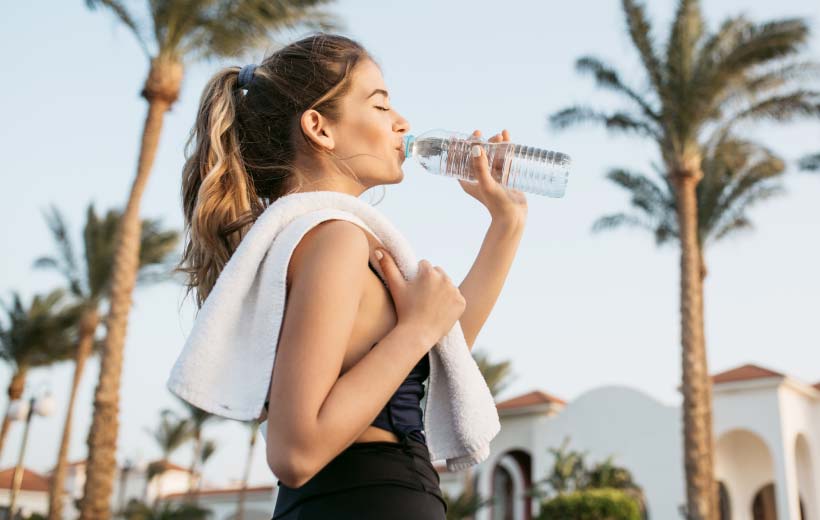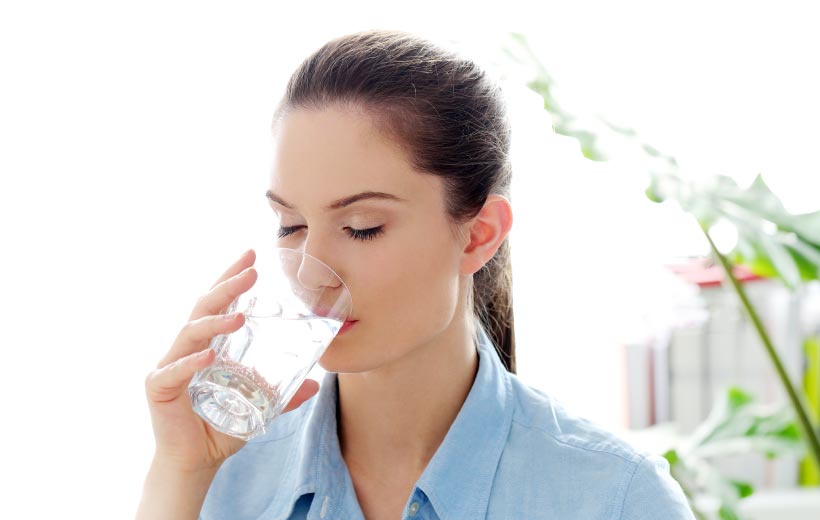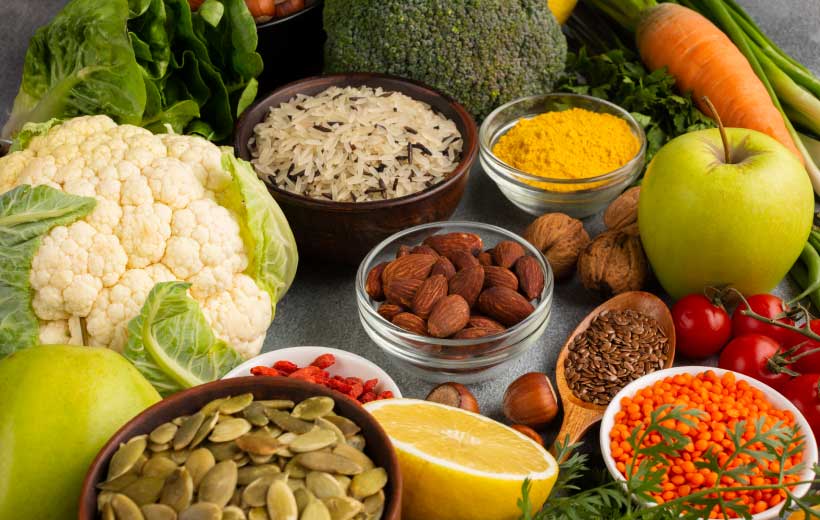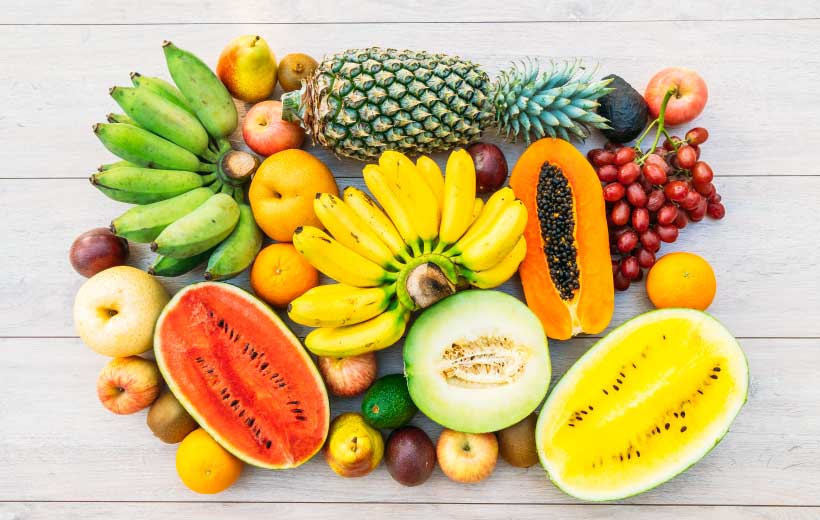Drinking enough water helps prolong life, and reduce the risk of chronic diseases such as heart disease, diabetes, dementia, and kidney failure.
55-75% of the human body is water, depending on age and sex. By mass, water is the most abundant molecule inside body cells, says Dr. Diane Tran, MD, at Central Health. Water surrounds cells, and is a component of human blood.
Humans lose water through excretion, digestion, perspiration and even breathing. The only way to replenish this lost fluid is to drink more water or eat berries.
Sandra Carvajal, a holistic dietitian at the Stanley Health Center, says people often underestimate the benefits of drinking water. Although this is a drink with no nutritional value, it is very important for biochemical processes in the body.
Not enough water, the body works less efficiently, toxins accumulated, people do not produce enough saliva, blood volume is reduced, heart and brain damage and muscle joints are not lubricated. Lack of water also leads to headaches and dull skin.
“The body cannot regulate its temperature if it is dehydrated. Without drinking water for a few days, people will die,” Dr. Carvajal said.
Natalia Dmitrieva, an expert in the Regenerative Cardiovascular Medicine Laboratory at NHLBI and the study’s author, said she and her colleagues hypothesized that chronic dehydration could accelerate the aging process.
“In mice, we found that lifelong water deprivation accelerates degeneration, shortening lifespan. On average, mice with water restriction lived six months less than normal, or about 15 months.” years of life in humans,” she explained.
Dehydration also puts people at risk of aging-related diseases such as heart disease, type 2 diabetes, dementia, and chronic kidney and lung disease.

A woman is drinking water
This is because the body tries to store fluids if it is not adequately hydrated. Drinking less water increases sodium levels, stimulates the secretion of hormones that act on the kidneys, and reduces excretion, making urine more concentrated. These elevated hormones also affect other tissues in the body, gradually weakening their function, leading to aging.
According to Dr. Tran, the system that regulates water in the body is quite complex, involving the brain, kidneys as well as hormones that detect changes in salt and water levels. Fluid balance helps maintain optimal water intake, signals when people should drink more water, and helps control the amount of urine the kidneys produce.
Drinking enough water keeps electrolytes in balance. When people do not drink enough water, serum sodium levels increase, triggering a water-saving mechanism, causing the kidneys to excrete urine in a more concentrated form.
According to Dr. Dmitrieva, the best way to ensure enough water in the body is to actively be aware of fluid intake, making sure to drink enough recommended amount of water each day.
“The appropriate amount of water recommended by health organizations around the world varies, from 2 to 3 liters of fluid daily for men and 1.6 to 2.1 liters for women. This is the recommended amount. recommended during normal days, without intense physical activity or in a hot environment for a long time,” Dr. Dmitrieva said.
Global censuses estimate that more than 50% of people drink less water than recommended, almost always in a state of dehydration. This rate is even higher in the elderly, mainly because this is the group that is less likely to feel thirsty. Some people who are concerned about involuntary urination should limit their water intake.
However, the elderly are the group that need to drink enough water, because lack of water can easily lead to confusion and dangerously low blood pressure.
Besides water, experts recommend that people add water-rich foods like cucumbers, watermelons, pineapples, tomatoes, lettuce, and blueberries. These fruits contain many valuable micronutrients, vitamins, and fiber.
Follow the website ongreenbeauty.com to get more health, nutrition, and beauty information to protect the health of yourself and your loved ones in your family.




